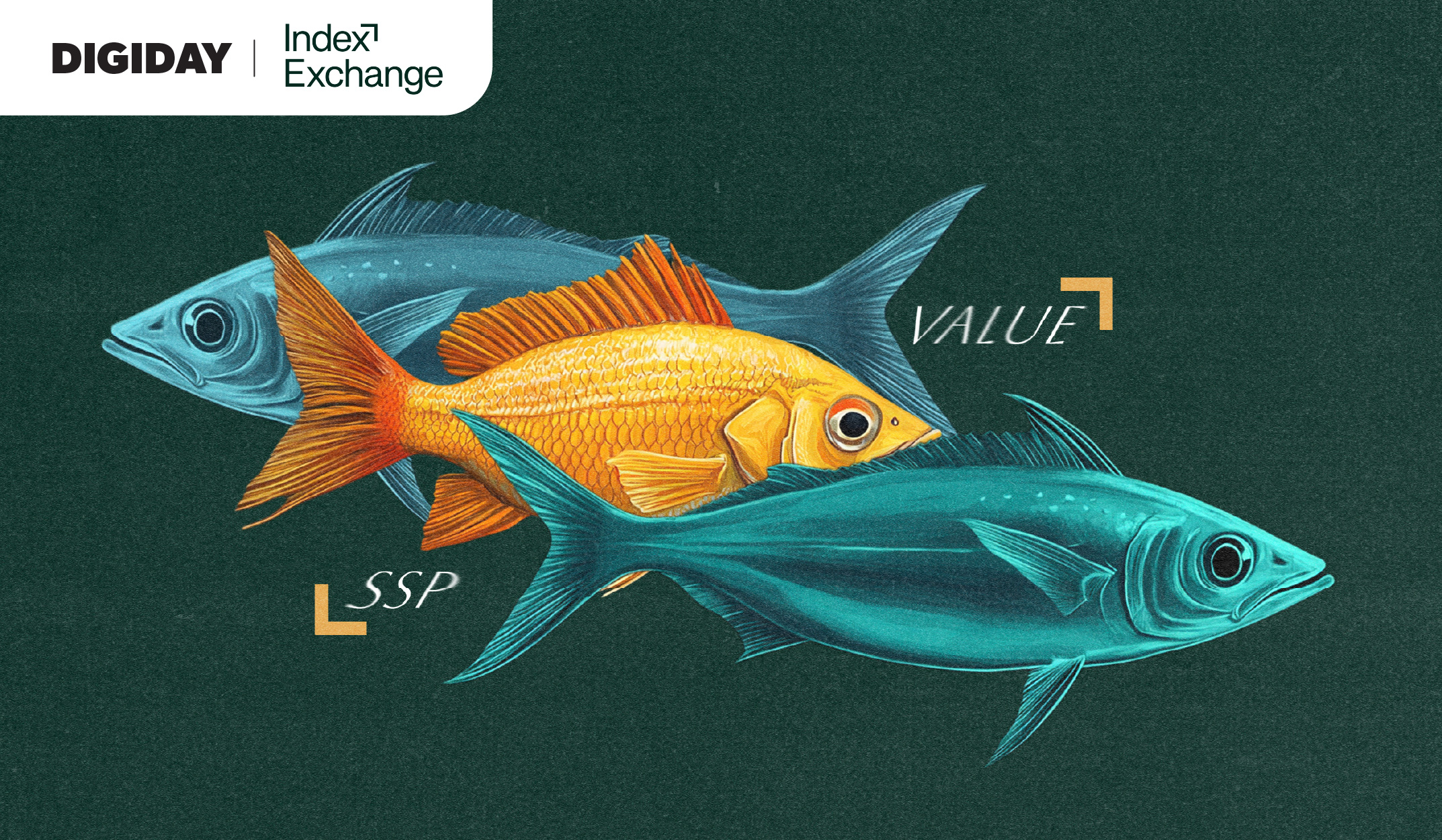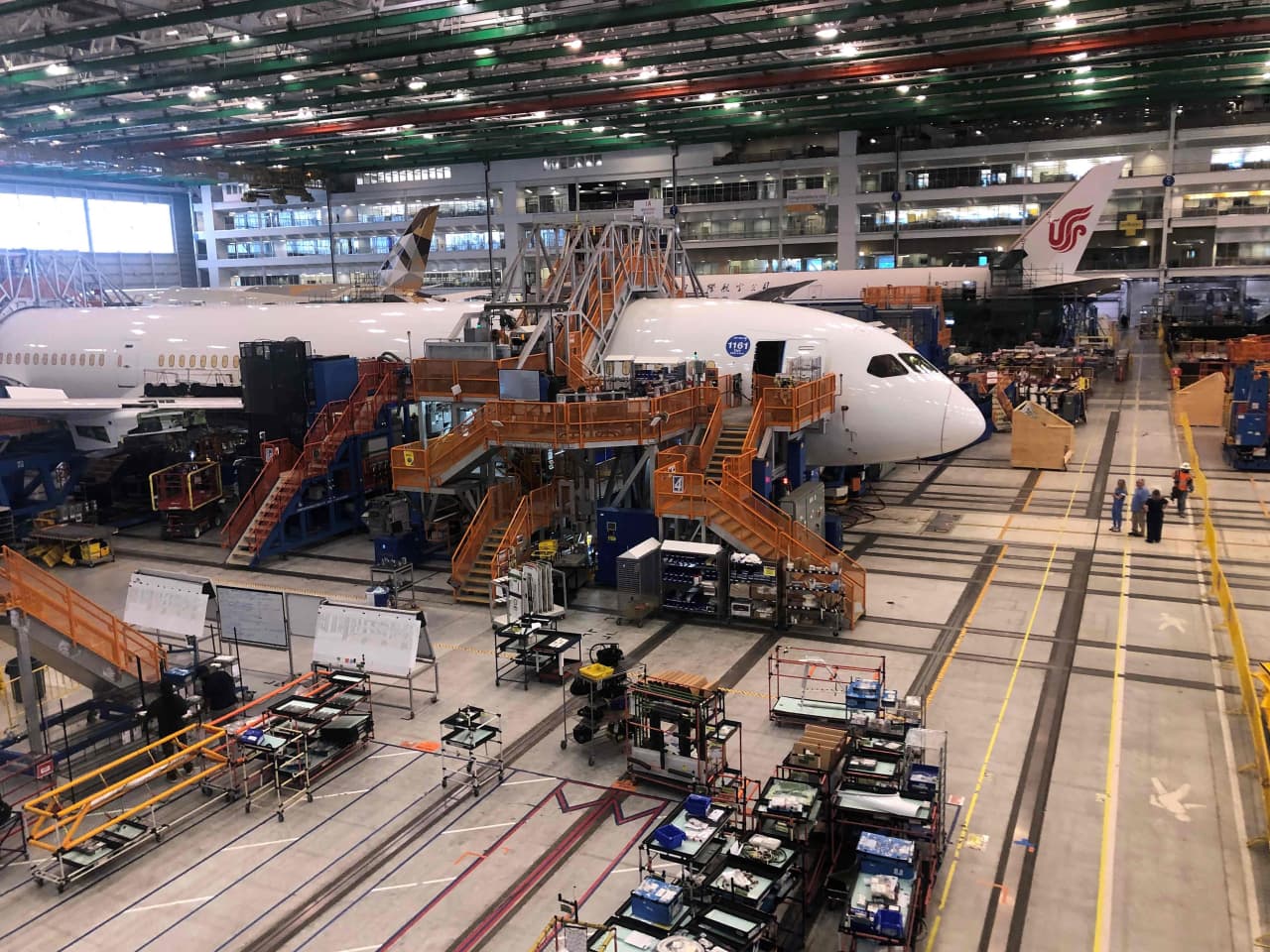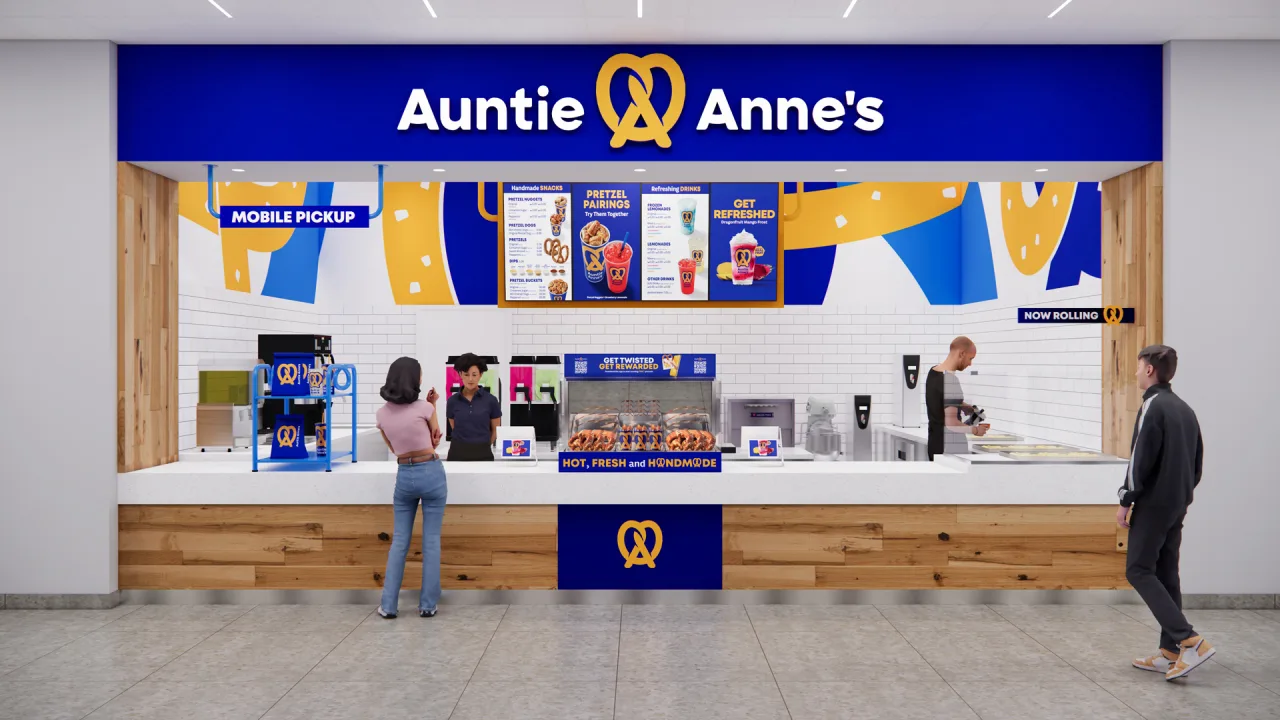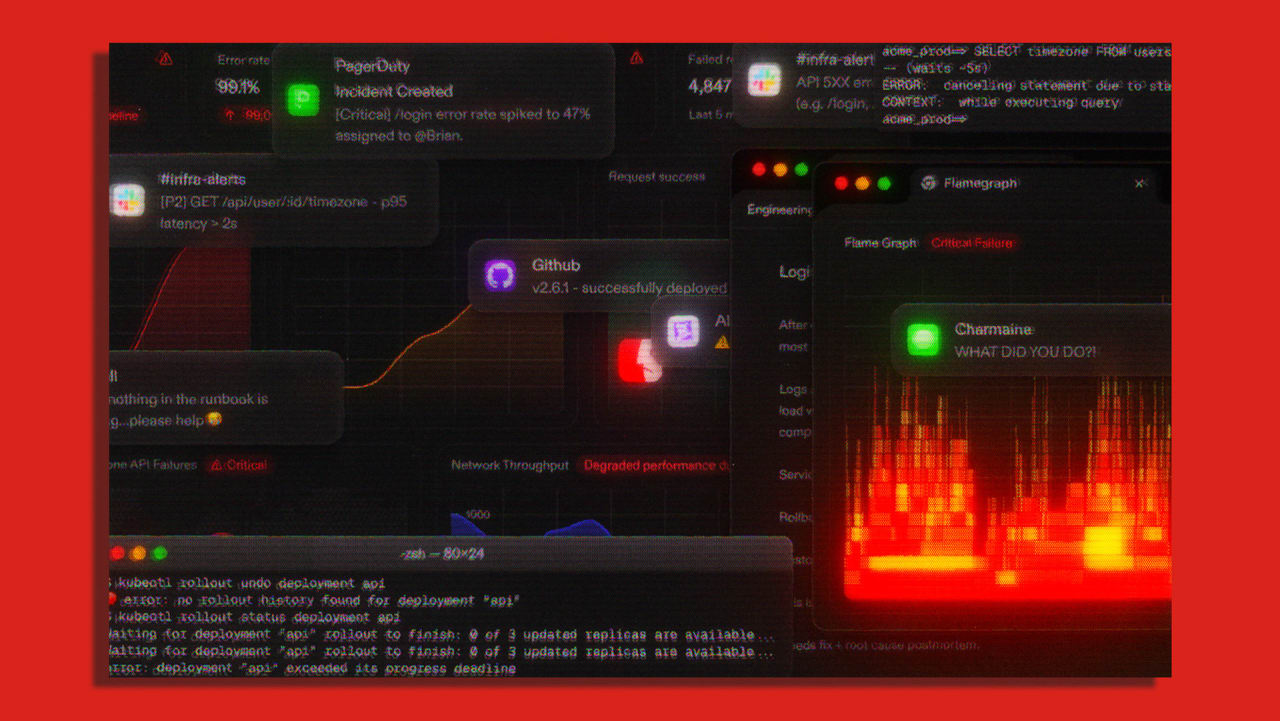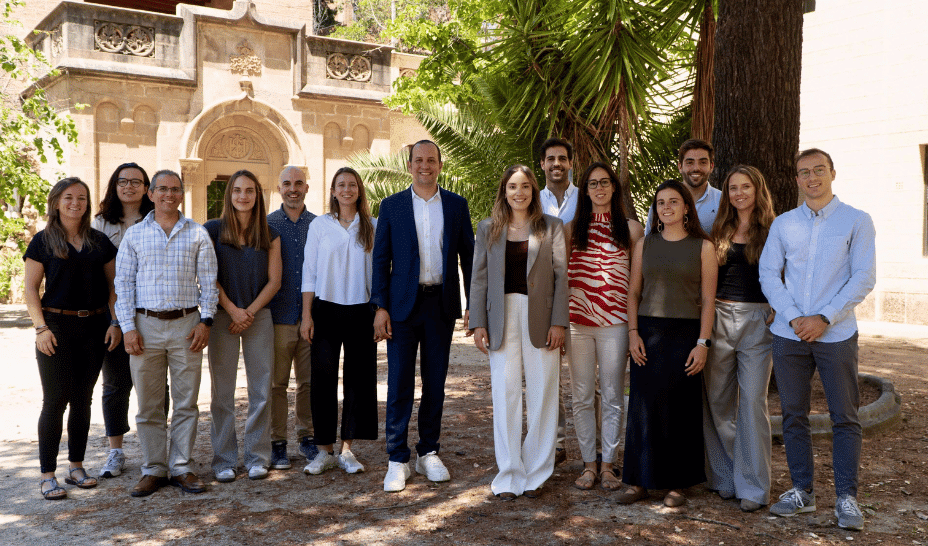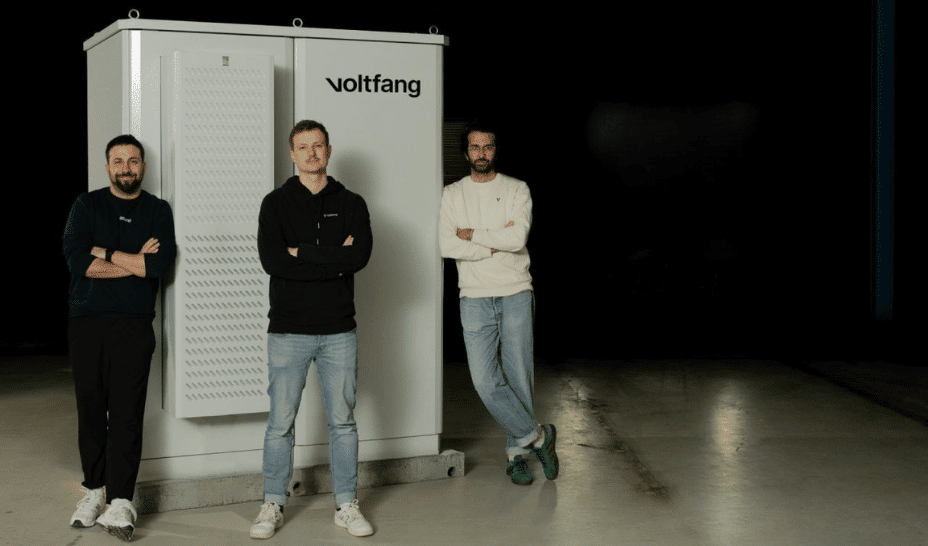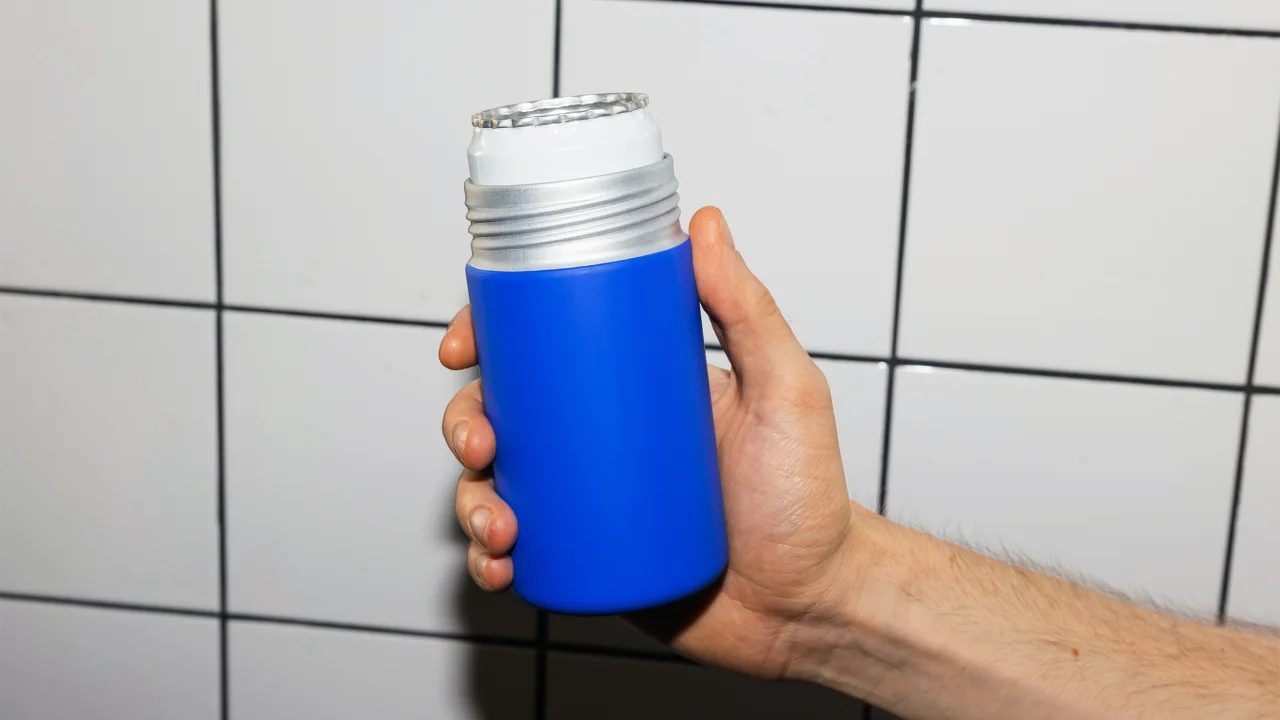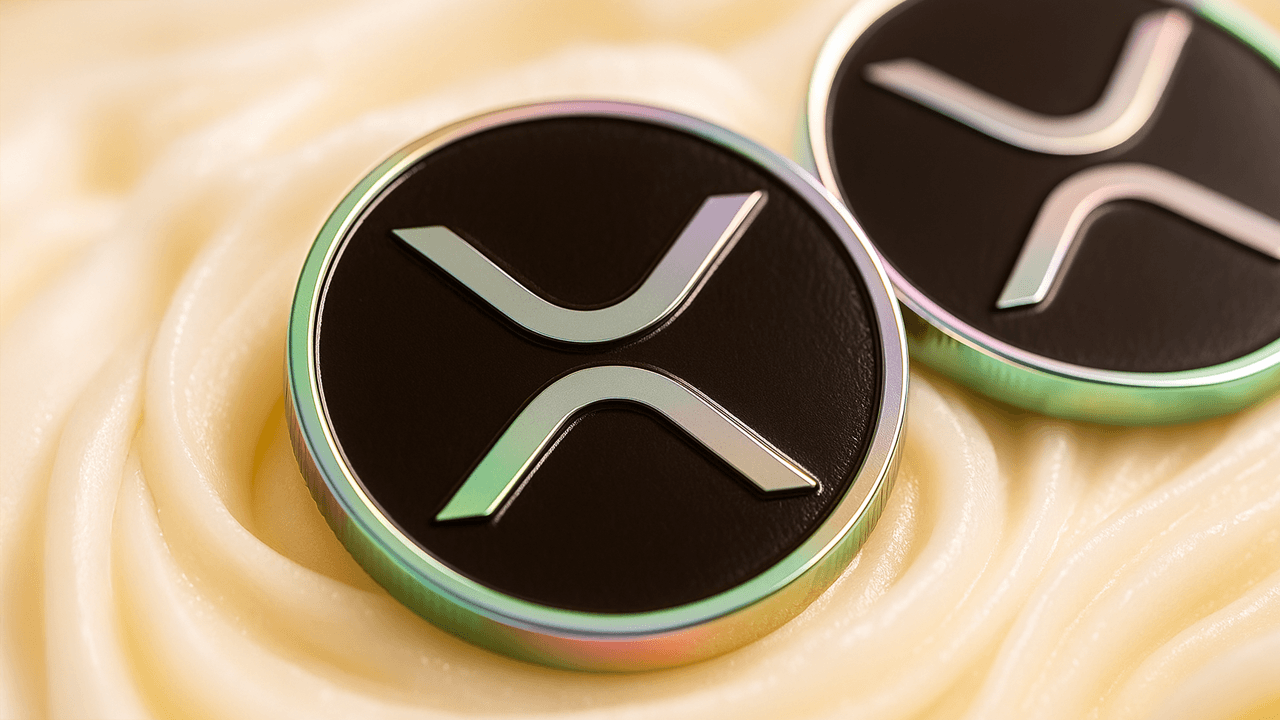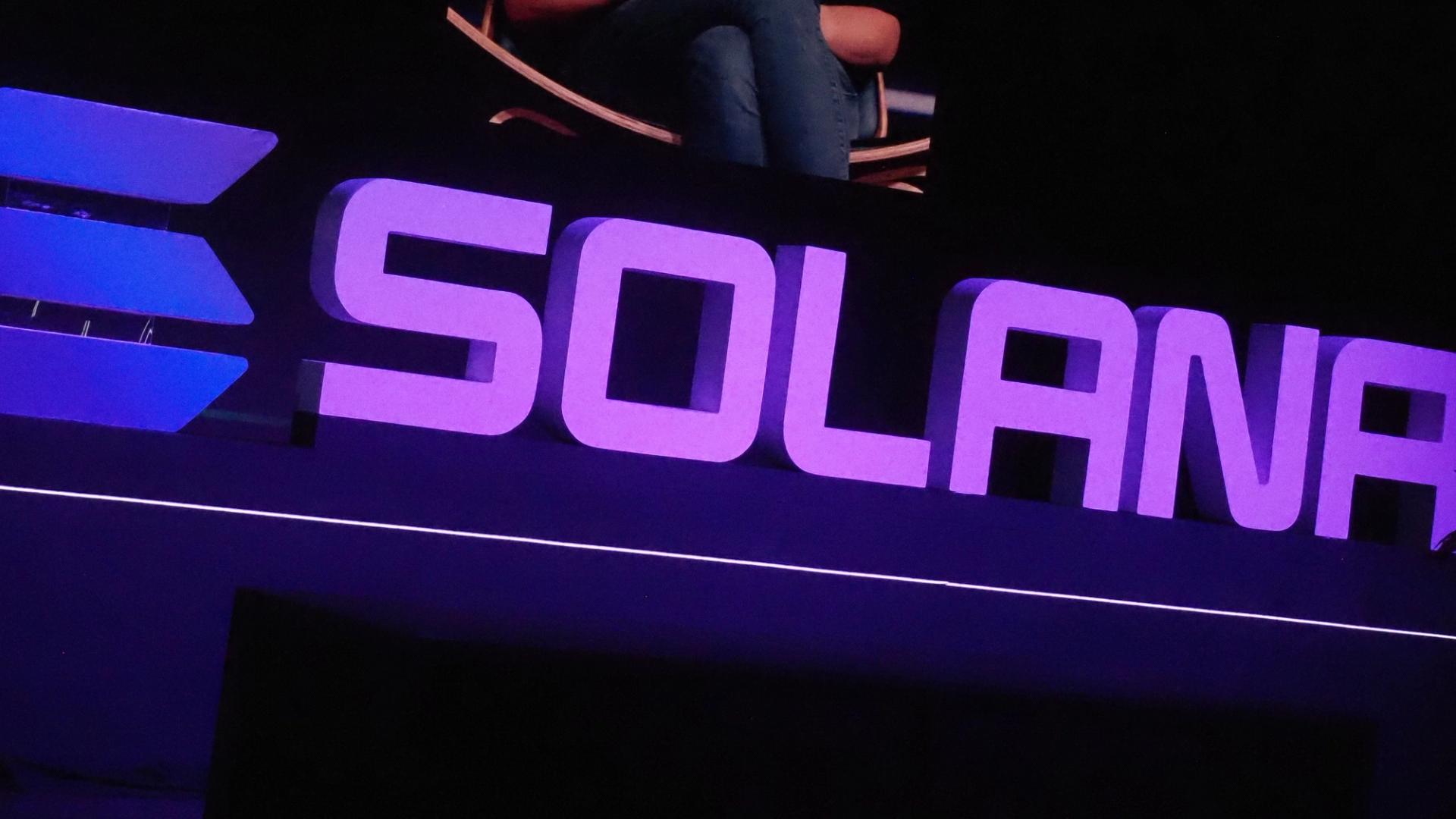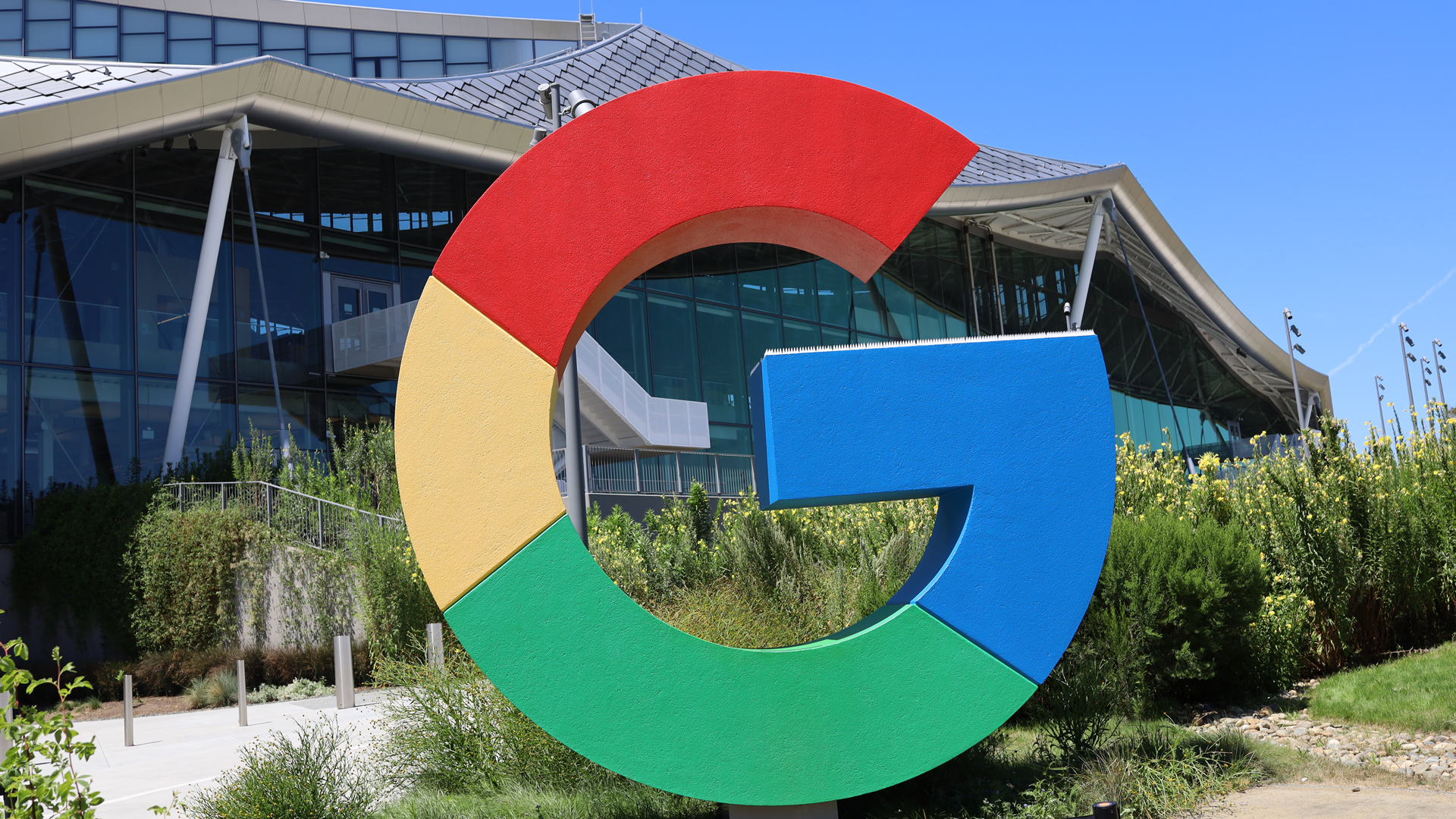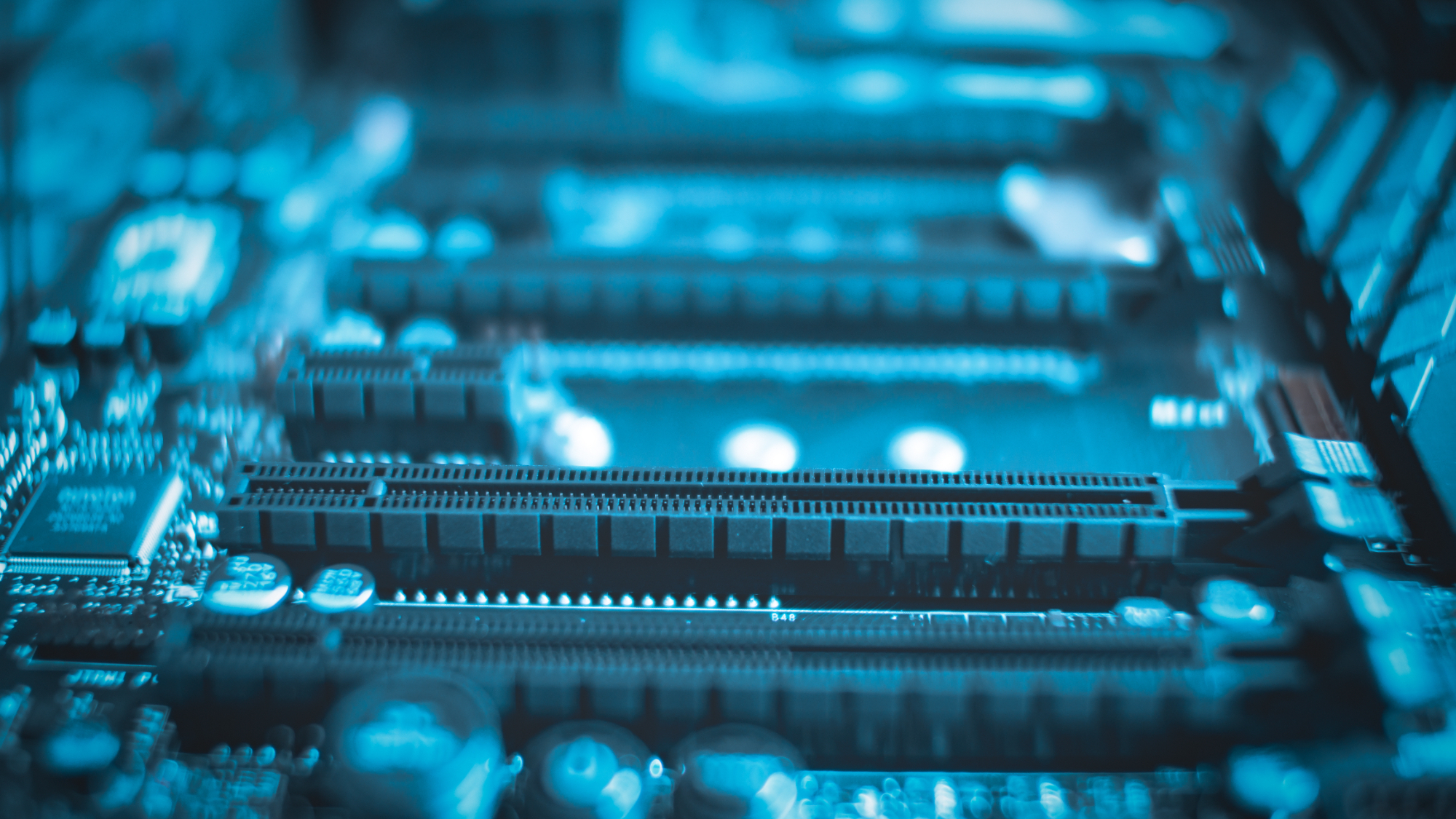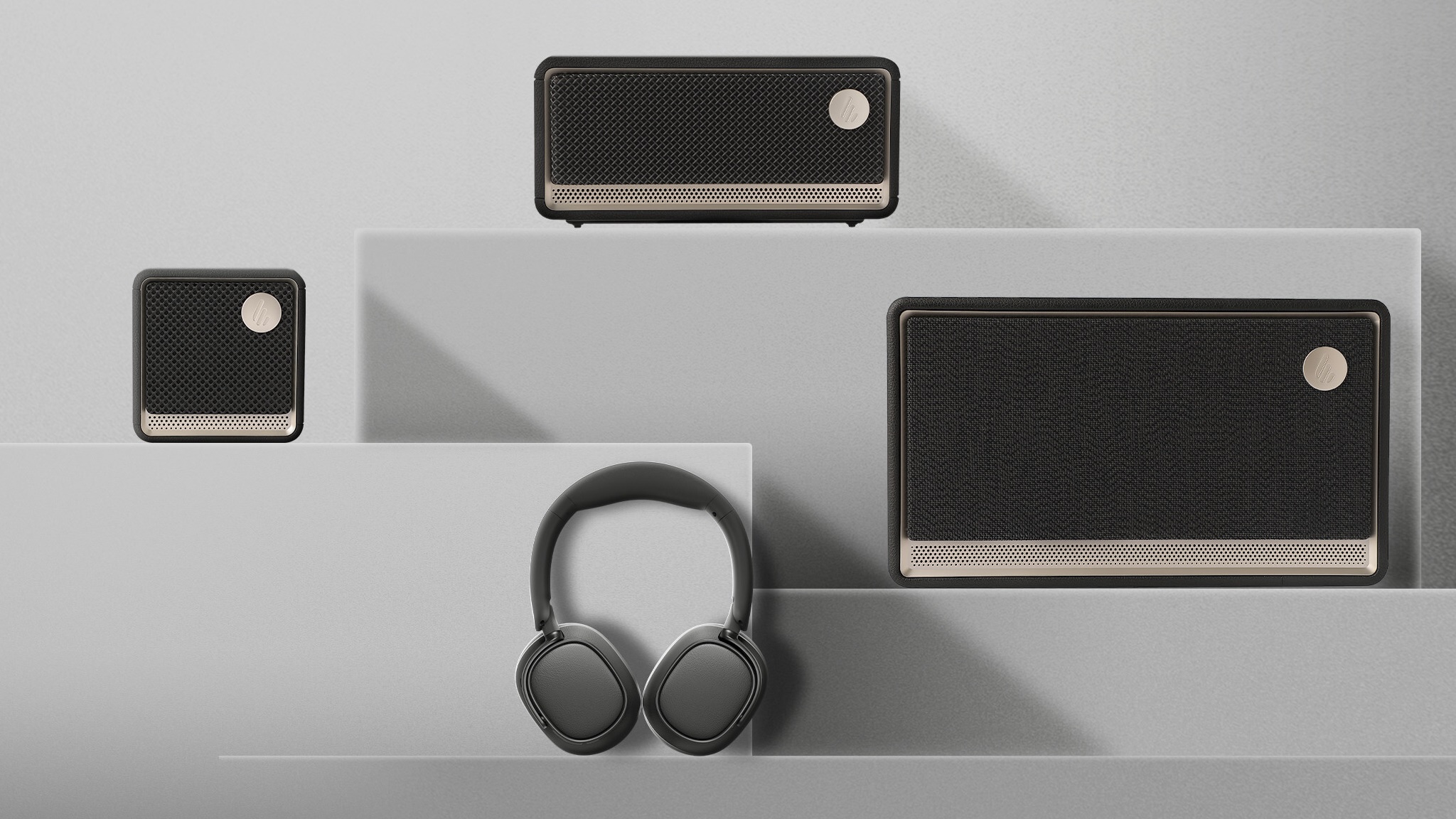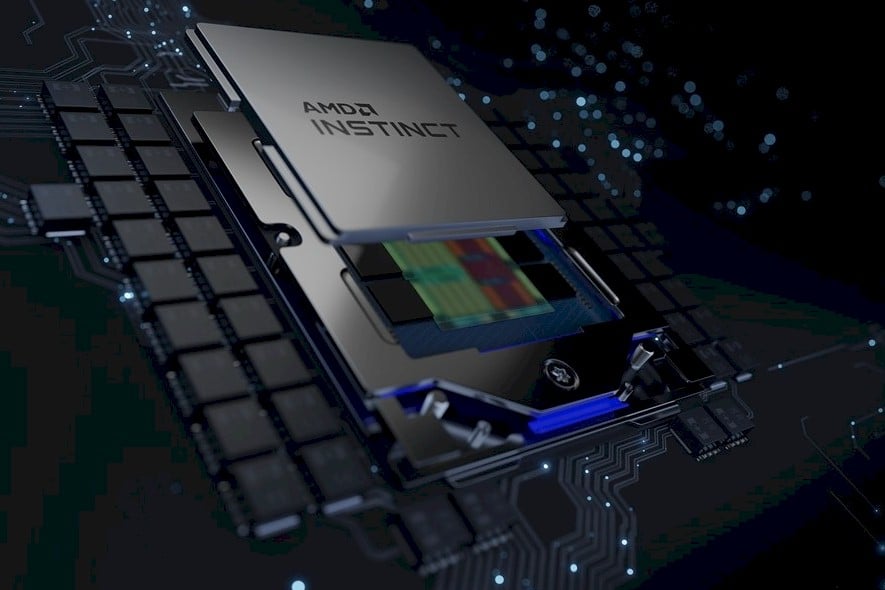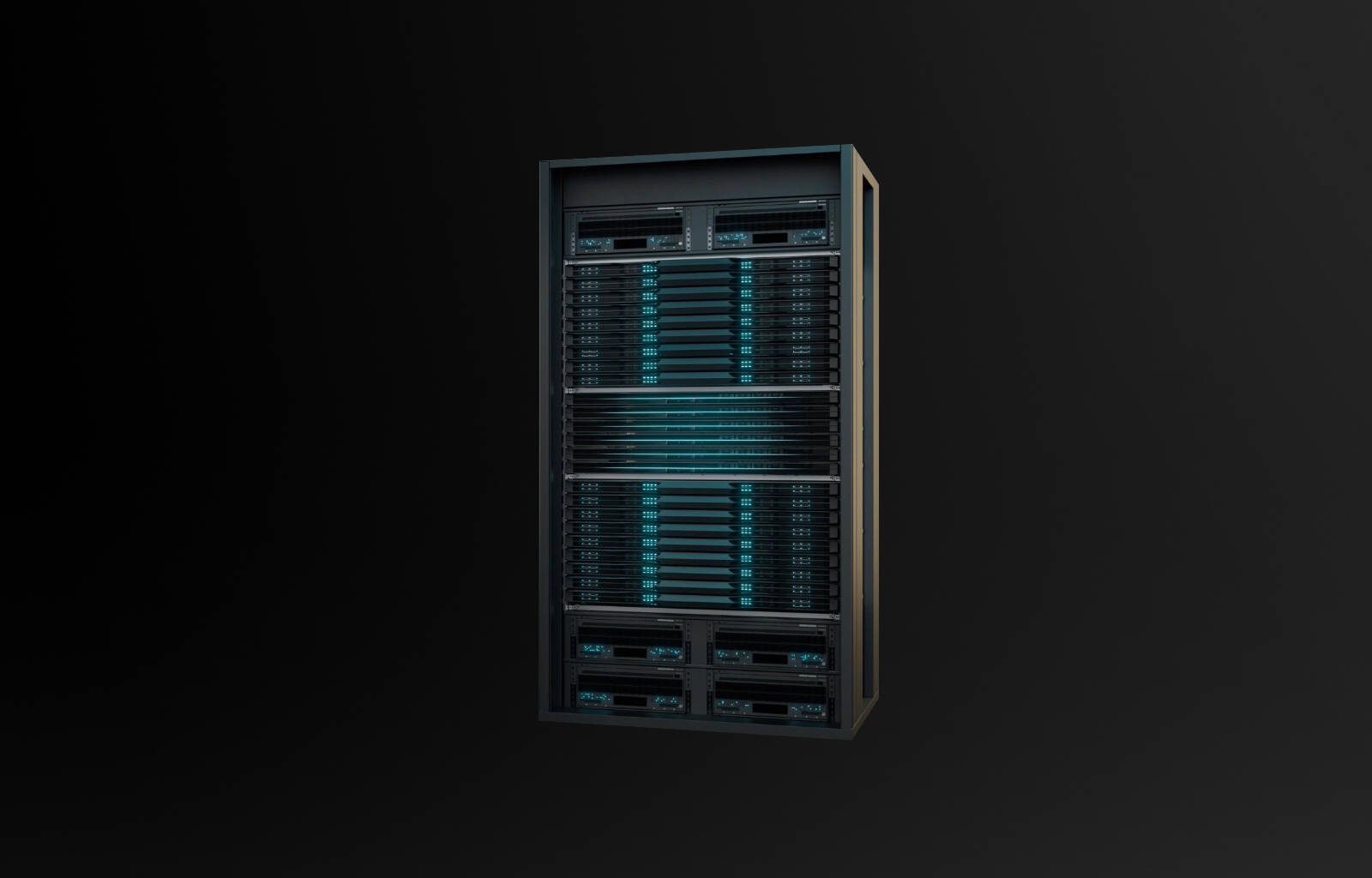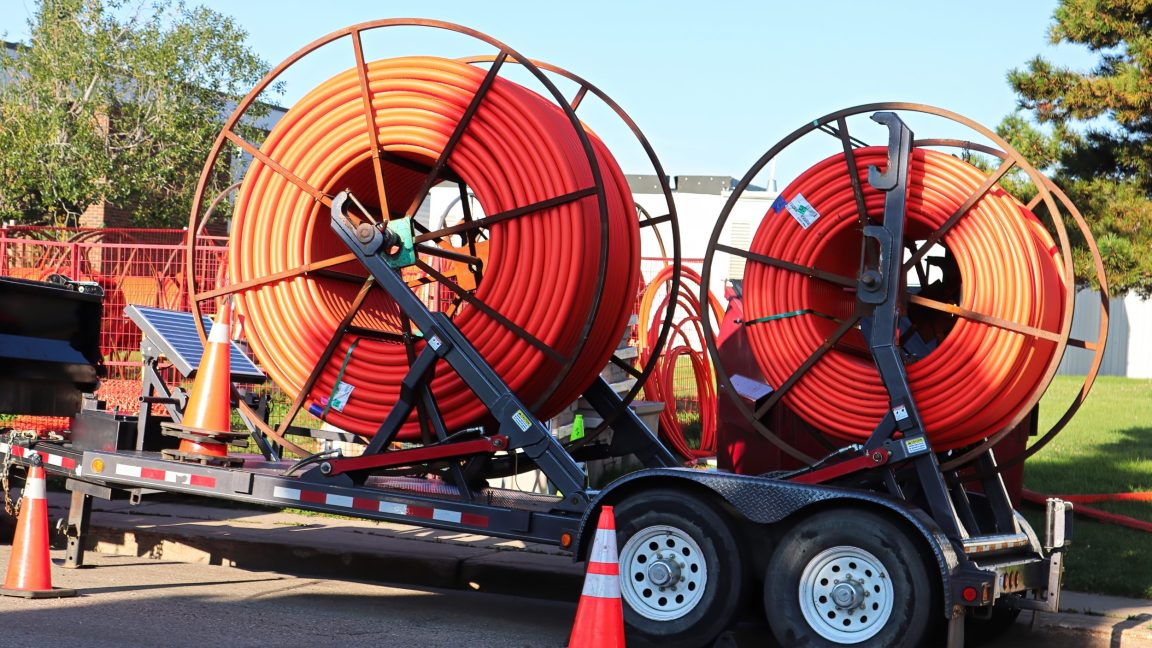The rise of dual-use innovation: Latvia’s startups making global strides (Sponsored)
In recent years, Latvia has been gaining recognition within Europe’s dual-use innovation landscape, where cutting-edge technologies serve both civilian and defence applications. This year’s Deep Tech Atelier in Riga, the Baltic region’s premier deep tech conference, spotlighted how local startups are building globally relevant solutions in sectors like mobility, security, and simulation. With defence spending […] The post The rise of dual-use innovation: Latvia’s startups making global strides (Sponsored) appeared first on EU-Startups.
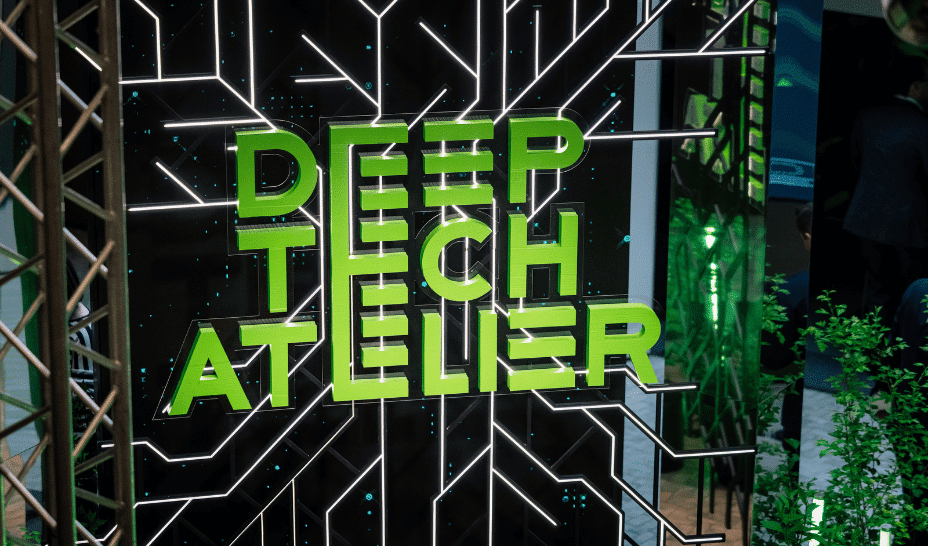
In recent years, Latvia has been gaining recognition within Europe’s dual-use innovation landscape, where cutting-edge technologies serve both civilian and defence applications. This year’s Deep Tech Atelier in Riga, the Baltic region’s premier deep tech conference, spotlighted how local startups are building globally relevant solutions in sectors like mobility, security, and simulation.
With defence spending on the rise and European VC investments in defence startups reaching €4.8 billion in 2024 (according to Dealroom), the timing couldn’t be better. Latvia’s agile, science-driven startups are carving out a niche with scalable technologies that can operate in both military and commercial settings, demonstrating not only engineering ingenuity but also strategic foresight.
Dual-use innovation on display
Deep Tech Atelier 2025 featured keynotes and exhibits centred on the evolving defence-tech ecosystem, particularly the integration of AI, autonomous systems and modular design. Attendees from 62 countries explored how innovation is reshaping operational efficiency, national resilience, and international collaboration across NATO and the wider European defence network.
One highlight of the event was the signing of a strategic cooperation memorandum between Riga Technical University (RTU), Tallinn University of Technology (TalTech), and Kaunas University of Technology (KTU) to strengthen defence and security research in the region.
Mark your calendar! Deep Tech Atelier will return on 14–15 May 2026. If you’re curious about what’s next in deep tech, it’s an event you won’t want to miss. More information here!

5 Latvian startups shaping the future of dual-use technology
From off-road electric vehicles and autonomous drones to realistic XR training platforms and unmanned ground vehicles, below you can find a curation of five Latvian companies whose products have at least two uses!
These technologies reflect not only the companies’ engineering potential but also their flexibility and ability to adapt quickly to the changing needs of the security environment.
ORUGA: Electric mobility meets extreme terrain
Oruga, meaning “caterpillar” in Spanish, is behind the world’s first electric tracked motorcycle, designed to conquer extreme terrain including swamps, sand, snow and steep slopes. Originally developed by Latvian scientist Juris Kļava, the patented Oruga Unitrack combines rugged design with sustainable electric power, offering a new solution for hard-to-reach locations.
CEO Liene Vītola said:“Potential buyers include hunters, forest rangers, extreme sports enthusiasts, people who value innovation and the ability to get anywhere quickly and easily. Of course, military and rescue services are also very interested in the Oruga Unitrack.”
The company’s journey began in 2023 at the LIAA’s Ignition Event, where a team of scientists and entrepreneurs joined forces. Just a year later, Oruga unveiled a full-scale prototype at Deep Tech Atelier 2025. Manufacturing is now underway, with the first 100 vehicles expected to ship later this year.
NATRIX: Modular unmanned ground platform
Developed by Brasa Defence Systems in cooperation with the Latvian National Armed Forces, Natrix is a compact, transportable unmanned ground vehicle (UGV) designed for both civilian and military use. Its modular architecture supports logistics, reconnaissance, and casualty evacuation tasks.
Natrix is remarkable for its modular design and intelligent navigation system. It operates in three modes: manual, semi-autonomous (with obstacle detection), and autonomous (including operator tracking and return-to-base functionality). It supports a payload of over 200 kg, reaches speeds of 20 km/h, and communicates via multiple channels, including 4G/5G, Wi-Fi and radio, covering more than 5 km.
Work on the platform is continuing by integrating new technologies, improving navigation systems and expanding the platform’s applications. The company is planning to expand the use of Natrix in both military and civilian operating environments, adapting it to different tasks and operational needs.
BEYRON: Autonomous drone-in-a-box systems
Beyron designs autonomous UAV systems offering continuous, intervention-free surveillance. At Deep Tech Atelier 2025, the startup showcased its Drone-in-a-Box platform and the Target 1200 training model.
Beyron drones are notable for their lightweight design, weighing less than 3.6 kg, 35-minute flight time, and fast charging in the docking station (full charge in 40 minutes). They carry a high-resolution 1080p camera, a thermal imaging camera with three-axis stabilisation, AI object recognition and tracking functionality, as well as a built-in loudspeaker and a 100 dB siren. The drones also carry a powerful LED flashlight with a focus lens and Picatinny Rail for mounting extra equipment.
Applications span from urban security and mining to border protection and real estate monitoring.
EXONICUS: XR trauma simulation for field medics
Founded in 2015, Exonicus is a Latvian-U.S. company that has developed the Exonicus Trauma Simulator —a physiologically accurate medical training system delivered via XR headset or desktop. Unlike traditional manikins, the simulator responds in real time to treatment decisions, making it ideal for military and emergency use.
—a physiologically accurate medical training system delivered via XR headset or desktop. Unlike traditional manikins, the simulator responds in real time to treatment decisions, making it ideal for military and emergency use.
Exonicus works with NATO, the U.S. Army, and European defence bodies. It featured prominently in NATO’s Vigorous Warrior 2024 exercises and recently launched the Ready Medic One programme with the Geneva Foundation to prepare medics for chemical, biological and radiological threats.
In May 2025, Exonicus secured €85,000 from the Latvian Business Angels Network (LatBAN) to scale its presence in Europe and the U.S.
MOSPHERA: High-performance military e-scooter
Mosphera, developed by Global Wolf Motors, is a high-performance, rugged off-road electric scooter tailored for military patrols, reconnaissance, and logistics. With a 10,000 W motor, 100 km/h top speed and 300 km range, it combines performance with stealth.
Its foldable, waterproof design (IP66) and 17-inch off-road tyres make it ideal for rough terrain and covert transport, including by helicopter. The scooter has already seen successful deployment with the Ukrainian Armed Forces and is also suited for civilian sectors like agriculture and port logistics.
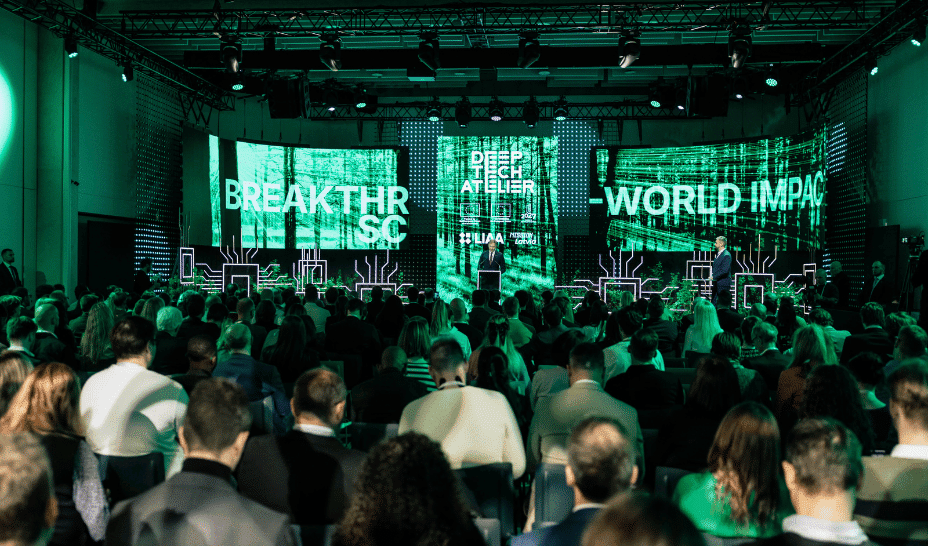
Looking ahead
Latvia’s growing dual-use tech ecosystem exemplifies how innovation in small markets can have an outsized global impact. With strong university partnerships, cross-border collaboration, and targeted public funding, startups are transforming defence innovation from niche to mainstream.
Events like Deep Tech Atelier not only provide a platform for these breakthroughs, but they signal that the Baltics are becoming a serious force in European security innovation.
Deep Tech Atelier 2025 was the 7th and largest edition to date, drawing over 2,000 participants from 62 countries. Attendee motivations ranged from networking (46%) and knowledge-building (29%) to trendspotting and sharing experiences.
The next edition of the conference will take place on 14-15 May 2026 in Riga. More information here!
Deep Tech Atelier 2025 was supported by the ERDF projects “Development of Innovative Entrepreneurship of SMEs” and “Support for Improving Technology Transfer System,” Latvia’s Ministry of Economics, the Recovery and Resilience Facility, and key cooperation partners—Labs of Latvia, Hello Tomorrow, Riga Technical University, University of Latvia, Riga TechGirls, the Latvian Space Industry Association, and the science commercialisation platform Commercialisation Reactor.
The views and opinions expressed are those of Deep Tech Atelier alone and do not necessarily reflect the opinion of the European Union or the European Commission. Neither the European Union nor the European Commission is responsible for these views and opinions.
The post The rise of dual-use innovation: Latvia’s startups making global strides (Sponsored) appeared first on EU-Startups.







